On the afternoon of March 7, 2025, General Secretary To Lam worked with the Central Policy and Strategy Committee on private economic development. At the meeting, the General Secretary emphasized that the private economy is the most important driving force for economic growth.
On the afternoon of March 7, 2025, General Secretary To Lam worked with the Central Policy and Strategy Committee on private economic development. At the meeting, the General Secretary emphasized that the private economy is the most important driving force for economic growth.
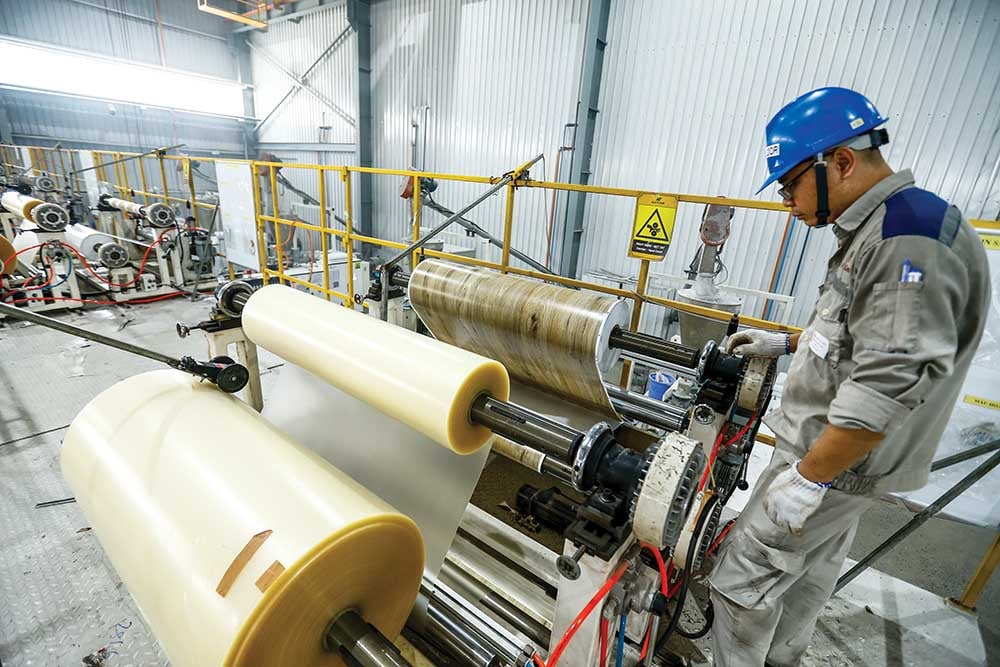 |
| The private economy is an important driving force for the country's economic growth. |
Previously, in China, the topic of private economy was also of interest. Due to the similarity in development needs and determination to escape the middle-income trap, self-reliance in technology and economic development, Vietnam can refer to the solutions that China is proposing.
Important changes in attitudes toward the private economy in China
On February 17, Xi Jinping convened a private sector group for a meeting on economic development, including the founders of BYD, Huawei, Alibaba, Tencent, Xiaomi and the AI startup DeepSeek, which made headlines earlier this year.
The meeting, the first since 2018, has fueled speculation that Beijing will give the private sector more freedom in the face of the US-China trade war. It comes after the Trump administration imposed an additional 10% tariff on Chinese imports on February 4. Slowing economic and export growth and rising youth unemployment have prompted Beijing to seek new growth drivers and push forward its “self-reliance” strategy by repositioning the private sector.
Promoting the private economy must be legalized. The judicial system must be strengthened and reforms in the competitive environment must be vigorously implemented to create public confidence.
About a week after that important meeting, the Standing Committee of the National People's Congress held its 14th session in Beijing from February 24 to 25. One of the agenda items was to consider a draft law to promote the private economy, in particular to pass the Law on Promoting the Private Economy - the first basic law specifically focused on the development of the private sector.
And just over a week later, at the Third Session of the 14th National People's Congress (NPC) on March 5, the Government work report presented by Prime Minister Li Qiang emphasized 10 key tasks, many of which were about fully promoting the key role of the private economy, private enterprises and private capital, sending a strong signal of support for the development of the private economy.
“Beijing is repositioning the private sector as a pillar of national competitiveness amid economic and geopolitical headwinds,” said Robin Xing, chief China economist at Morgan Stanley. The move is expected to pave the way for more measured policy support for the private sector in China and is one of the reasons for the rebound in Chinese stocks.
China's solutions
From the above developments, it can be seen that the shift in repositioning China’s private economy comes from many urgent requirements, including reviving the stagnant economy (which is said to be at risk of falling into deflation this year), high unemployment among the youth, fighting against pressure from the US, as well as the desire to master key technologies, increase the role of the domestic economy, and reduce dependence on exports. Another important thing is that they also have the same goal as Vietnam, which is to overcome the middle-income trap.
Therefore, the solutions from China can provide many suggestions for Vietnam. Based on the groups of solutions proposed at the National People's Congress, the policies to support the private economy are expected to focus on 5 areas including:
One is to promote a new legal framework. The Law on Promoting Private Sector, which is undergoing its second review in early 2025, will legalize key policies and measures into legal frameworks.
Second, improve law enforcement. Efforts will “standardize” law enforcement related to businesses, reduce the imposition of arbitrary fees, fines and inspections, and resolve outstanding debts to businesses through instruments such as special bonds issued by local governments.
Third, market access reform, towards a fairer competitive environment. Barriers to market entry will continue to be removed, ensuring a fairer competitive environment for private enterprises.
Fourth, expanding access to finance. Banks will be encouraged to direct credit to private enterprises, especially in the innovation sector, while bond issuance support tools will be strengthened to help enterprises raise capital from the public stock market.
Fifth, improve public awareness. Discriminatory acts against the private economy will be dealt with, and wrongdoings involving private entities will be reviewed and corrected to enhance judicial justice and strengthen public confidence.
Implications for Vietnam
Personally, in the process of studying these documents, I have drawn out a few important highlights.
First, the legal framework and the ability to enforce the law are extremely important. Promoting the private economy must be legalized and then arbitrary harassment, inspection and punishment of enterprises must be dealt with.
Second, the judicial system must be strengthened and competitive environment reforms must be vigorously implemented so that the public has confidence and trust that private enterprises are treated fairly.
Third, the major challenge for private economic development not only in China and Vietnam, but also globally, is access to capital, especially for small and medium-sized enterprises.
The Chinese side issued government guidelines to support financial institutions to strengthen support for private enterprises in technological innovation, provide diversified financial services, solve corporate finance problems, and help private enterprises develop rapidly in new fields and directions.
But that still seems not enough for private businesses, especially small and medium-sized enterprises.
A final implication, not from China’s policy but from observing its implementation, is that confusion and inconsistency in messaging should be avoided. Many international analysts were puzzled when, less than two weeks after what seemed like a strong and assertive message about the private economy, on March 17, the State-owned Assets Supervision and Administration Commission of the State Council (SASAC) posted a headline on one of its official social media accounts that emphasized China’s unwavering commitment to making state-owned enterprises “stronger, better and bigger.”
The call to develop state-owned enterprises and to harness the power of the private sector has left commentators in Japan and the United States puzzled as to how far Beijing will go in its commitment to the private sector. There should be some rational explanation of the state-private sector issue, but China seems to have forgotten it.
An article in Nikkei Asia commented that “the headline calling for the development of state-owned enterprises shows the confusion within the government”. Messages about the state-owned and private economies therefore need to be harmonized, clarified and especially sensitive to questions from international analysts, international media and international financial institutions. That is because they are the best bridge to connect with foreign investors. The message sent, therefore, needs to be clear.
Finally, each policy is just a policy. Implementation must be specific and substantive, not superficial. We need to avoid the situation where policies are only proposed but not implemented. In the story of China, the delay of the Law on Promoting Private Sector is also being discussed by foreign analysts, including doubts about the government's commitment to a "level playing field". The draft of this bill was introduced last year, but it has been delayed until now, which is a reason for people to ask questions.
Xinhua News Agency believes that the commitments to developing China's private economy have been decided by the Central Committee of the Communist Party of China, and must be resolutely implemented, "not done carelessly".
This may also be the most important implication to build trust in private enterprises in particular. Once said, it must be done seriously, not carelessly. Otherwise, it will lose the trust of private enterprises in particular and many other components of society in general in the policies of the State.
Source: https://baodautu.vn/bai-hoc-tu-phat-trien-kinh-te-tu-nhan-o-trung-quoc-d258721.html








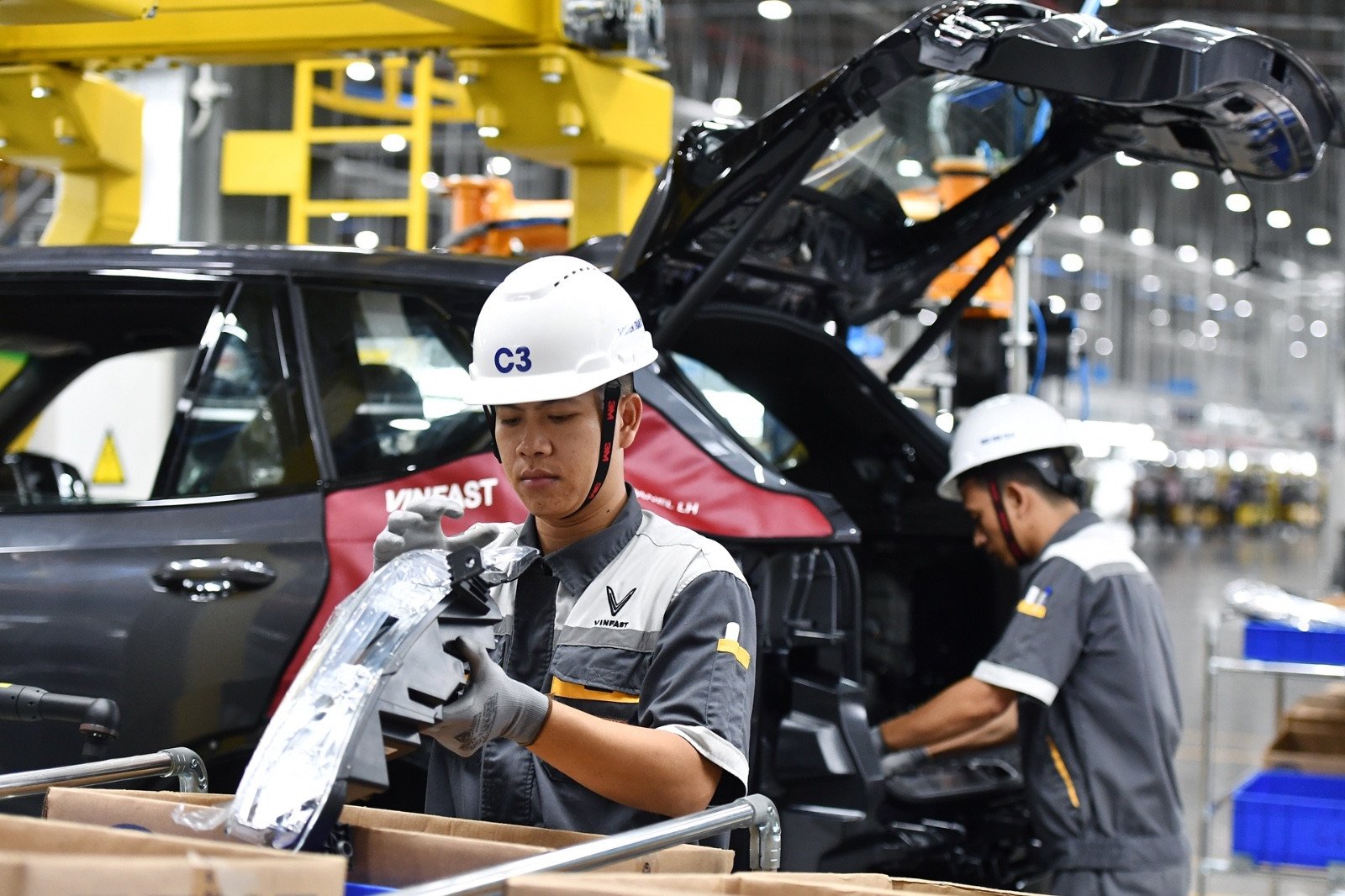








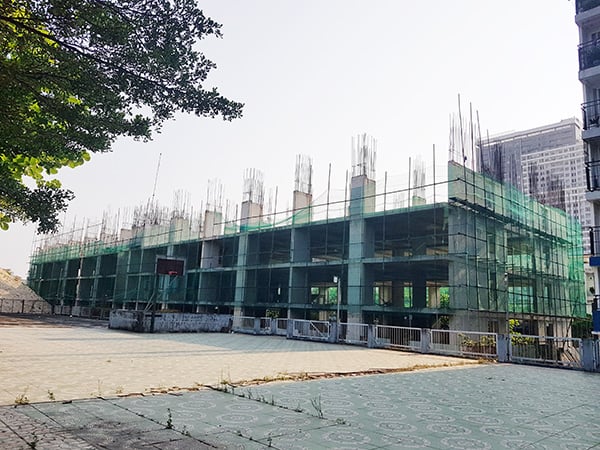









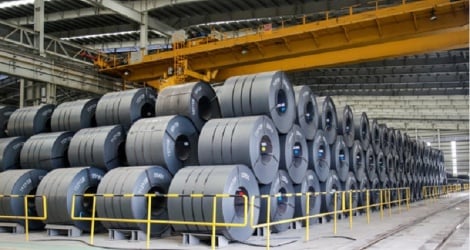



![[Photo] "Beauties" participate in the parade rehearsal at Bien Hoa airport](https://vstatic.vietnam.vn/vietnam/resource/IMAGE/2025/4/11/155502af3384431e918de0e2e585d13a)

















































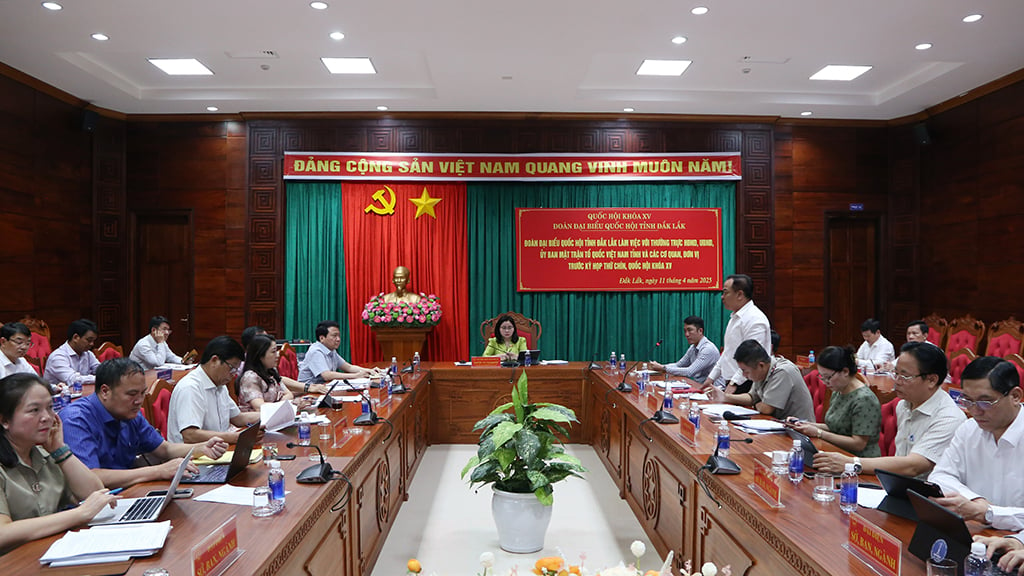
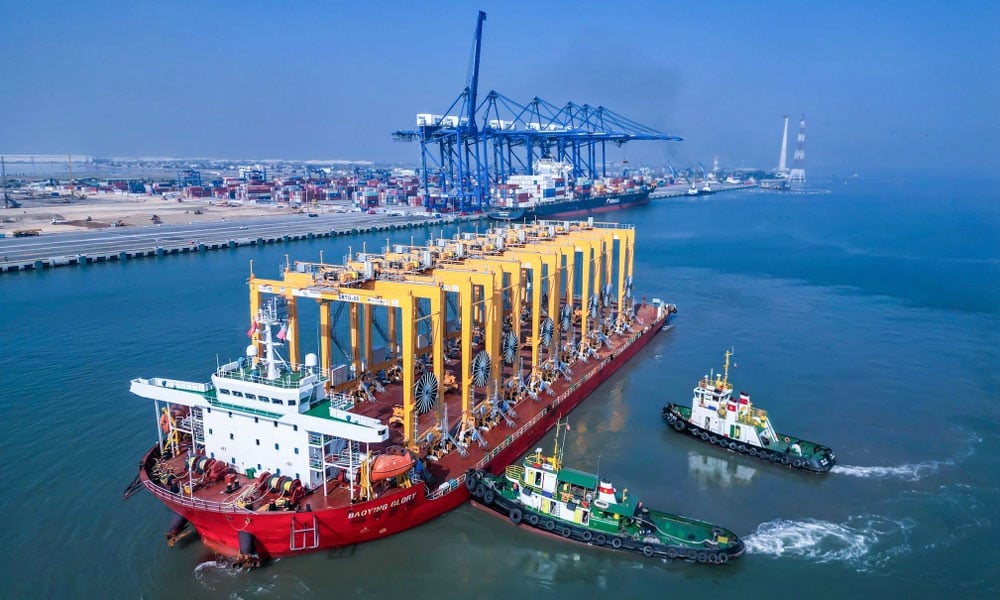

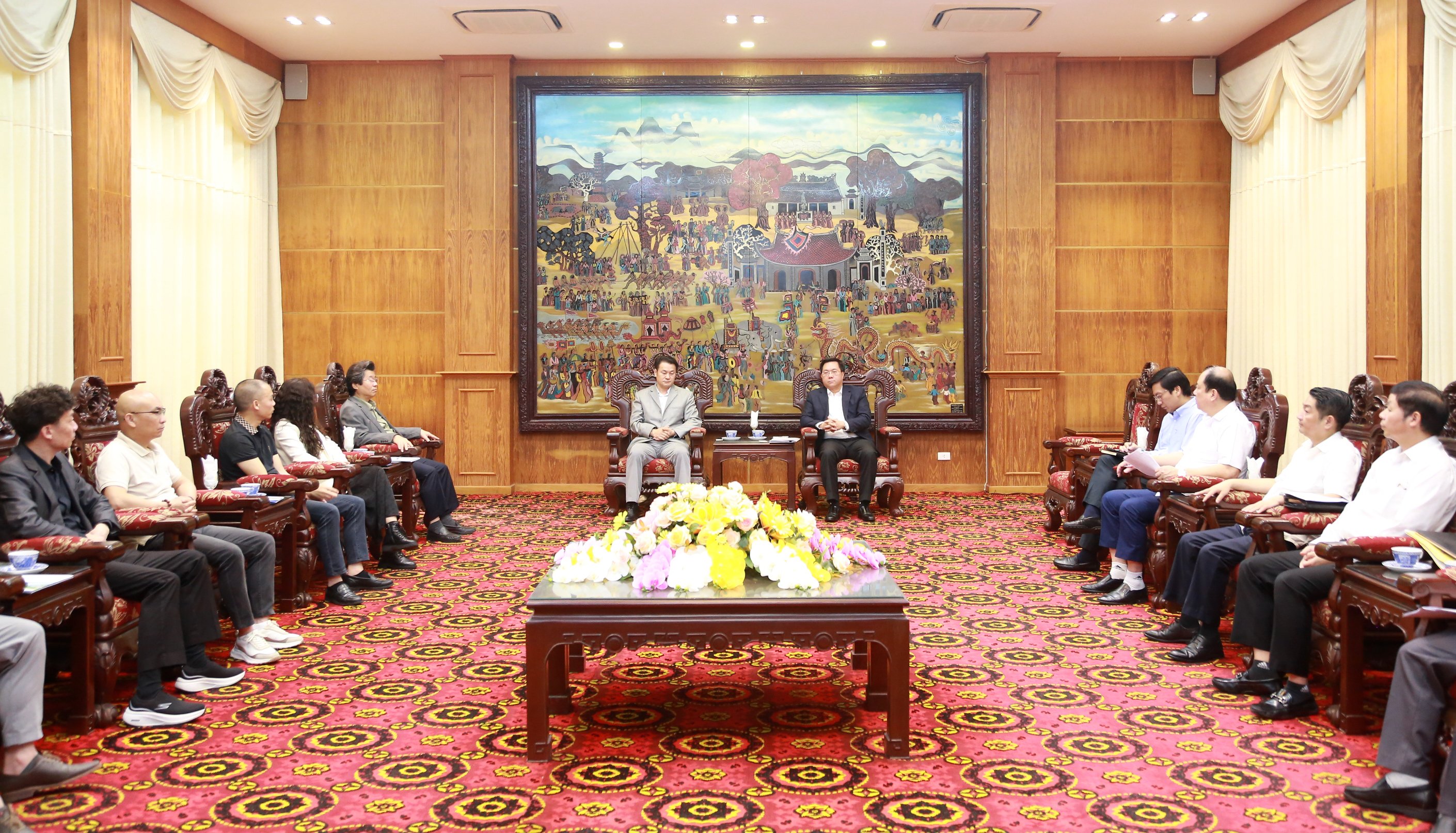










Comment (0)